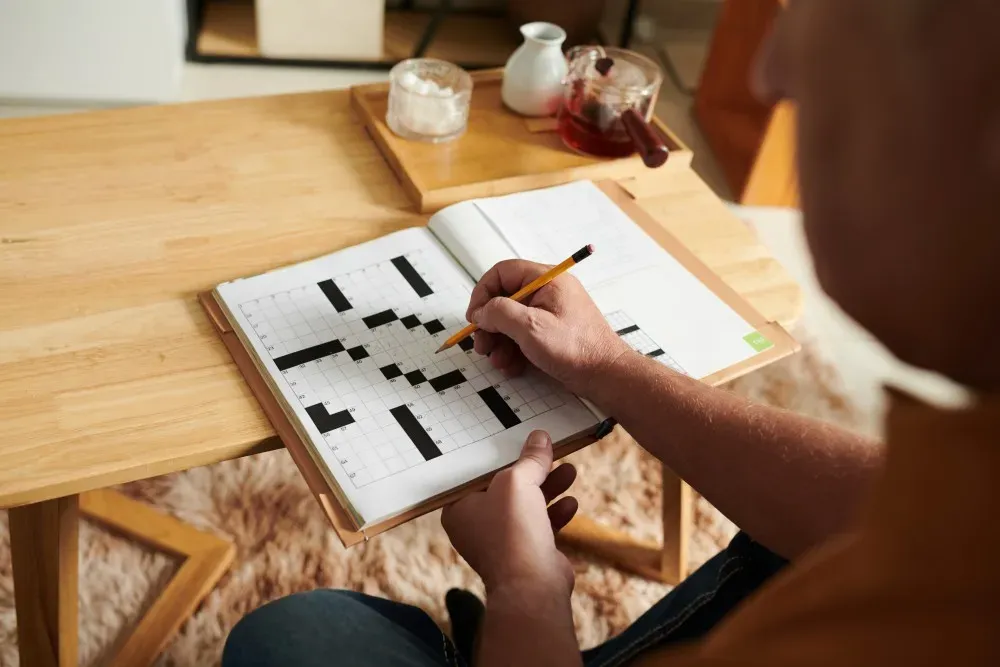
Effective crossword solving requires strategic approaches beyond random guessing. Techniques separate efficient solvers from frustrated strugglers. Multiple methods improve completion rates, reduce solving times, and increase enjoyment. Accessible resources support skill development, exploring pitaronfree.blogspot.com gives you varied puzzle practice across difficulty levels. Hebrew language solvers benefit from native resources offering culturally relevant content.
Discovering מורדו תשבצים connects enthusiasts with extensive Hebrew crossword collections featuring diverse themes, styles, and difficulty progressions. These platforms enable consistent practice essential for skill development. Systematic solving approaches combined with vocabulary expansion, pattern recognition, and strategic thinking all contribute toward solving effectiveness. The proven techniques help both beginners establish foundations plus experienced solvers refine existing skills toward greater efficiency, accuracy, and satisfaction.
Start with confident answers
Beginning with certain answers provides grid footholds. Filling confirmed letters helps solve intersecting clues through crossing patterns. Theme answers often appear longest, most prominent. Identifying themes early unlocks multiple answers simultaneously. Theme recognition becomes a powerful problem-solving accelerator.
Fill-in-the-blank clues typically offer the easiest entries. These straightforward answers provide starting points when one is otherwise uncertain about where to begin. Proper nouns, abbreviations, and common short words all represent high-confidence starting opportunities. Building from certainty toward uncertainty creates momentum, preventing discouragement. Never committing uncertain answers avoids cascading errors. Tentative pencil marks differ from confident ink. This distinction prevents wrong answers from poisoning entire solving processes.
Work crosses systematically
Crossing letters provide crucial hints for difficult clues. Every filled letter narrows possibilities for intersecting answers dramatically.
- Alphabet running helps uncertain crosses. Mentally testing each letter possibility often triggers recognition. This systematic approach reveals answers that intuition alone misses.
- Vowel placement particularly constrains options. English word patterns make certain letter combinations impossible. This linguistic knowledge eliminates incorrect possibilities quickly.
- Partial fills often suffice to trigger full answers. Recognizing word fragments from crosses frequently completes answers despite not fully experiencing clues initially.
Grid connectivity means solving anywhere helps everywhere. Distant grid sections connect through crossing chains. Completing one area often unlocks seemingly unrelated regions.
Recognize common patterns
Crossword construction follows predictable patterns. Experienced solvers recognize these conventions, accelerating solving through expectation-based guessing. Three-letter words repeat frequently across puzzles. Learning common short fills like ERA, ORE, and ALE helps to complete small spaces quickly.
Question mark clues signal wordplay, puns, and unconventional definitions. Recognizing this convention shifts interpretation toward creative thinking versus literal definitions. Theme consistency means related answers follow similar formats. Identifying one theme answer reveals patterns, helping others. Constructor tendencies become recognizable. Favourite words, cluing styles, and difficulty patterns all vary by constructor. Regular solving develops familiarity with individual constructor characteristics.
Expand knowledge strategically
Crossword vocabulary differs from conversational language. Certain obscure words appear repeatedly, while common words rarely feature. Operatic terms, Roman numerals, crosswordese all constitute specialized crossword vocabulary worth memorizing. This strategic learning prioritizes high-frequency puzzle terms. Current events awareness helps contemporary puzzles. Reading news, following pop culture, and knowing recent references all improve modern crossword solving.
Classical education benefits greatly. Mythology, history, and literature all feature heavily. Broad liberal arts knowledge provides substantial competitive advantages. Etymology study deepens awareness beyond memorization. Knowing word origins, related terms, and linguistic families all enrich solving through connected knowledge networks.
Variety prevents boredom, maintaining engagement. Different constructors, publications, puzzle styles all provide freshness, preventing monotonous repetition. These techniques combine to create efficient approaches delivering faster times, higher completion rates, and greater satisfaction. Proven methods help solvers at all levels improve skills, enjoy puzzles more fully, and achieve solving goals efficiently.
